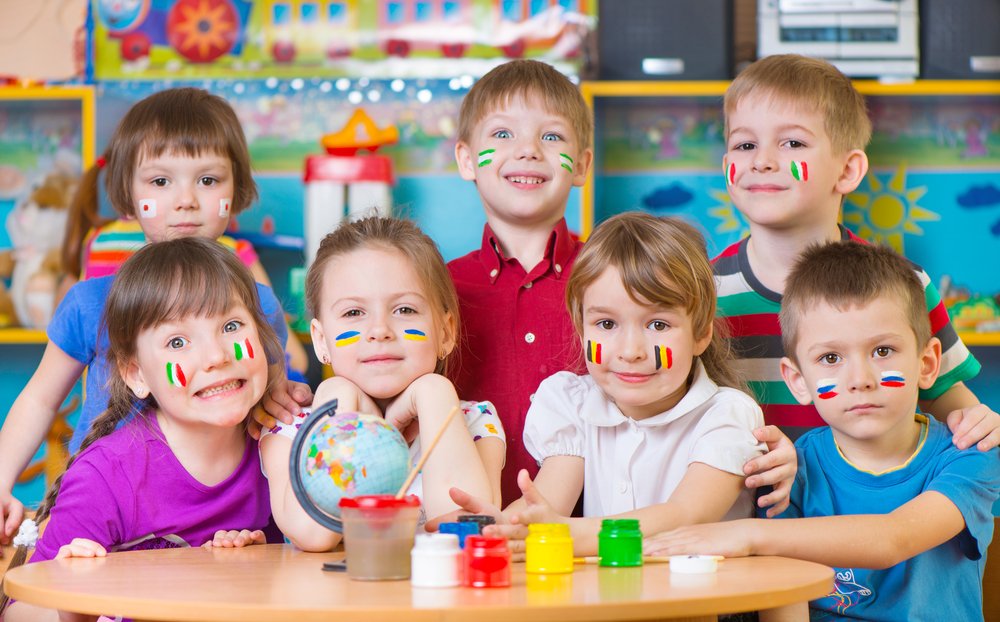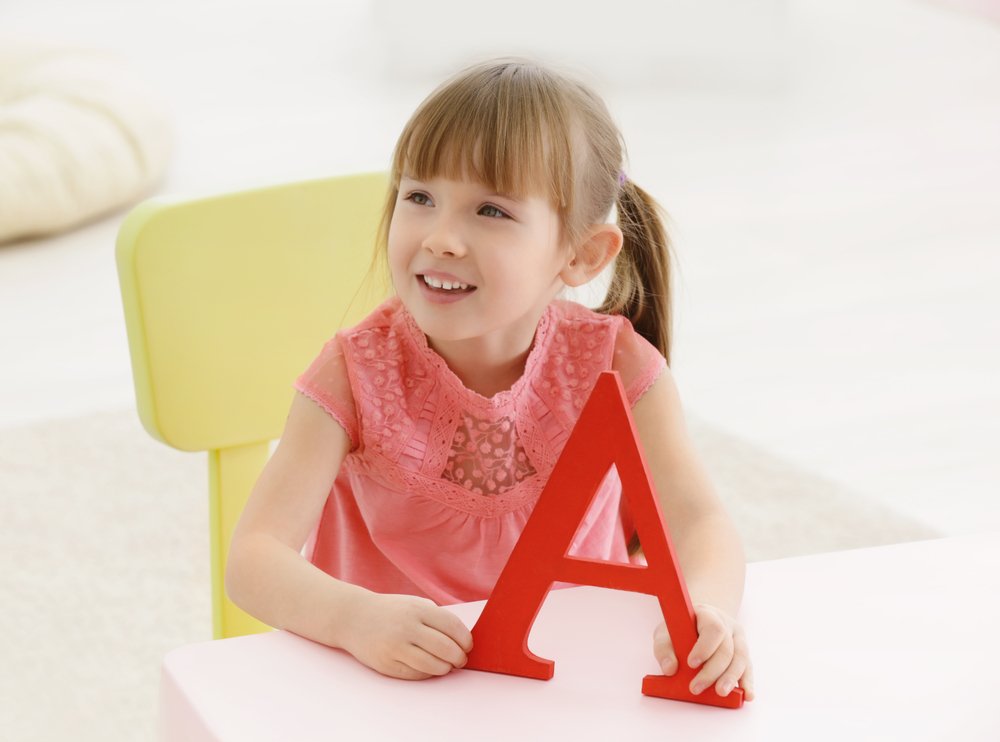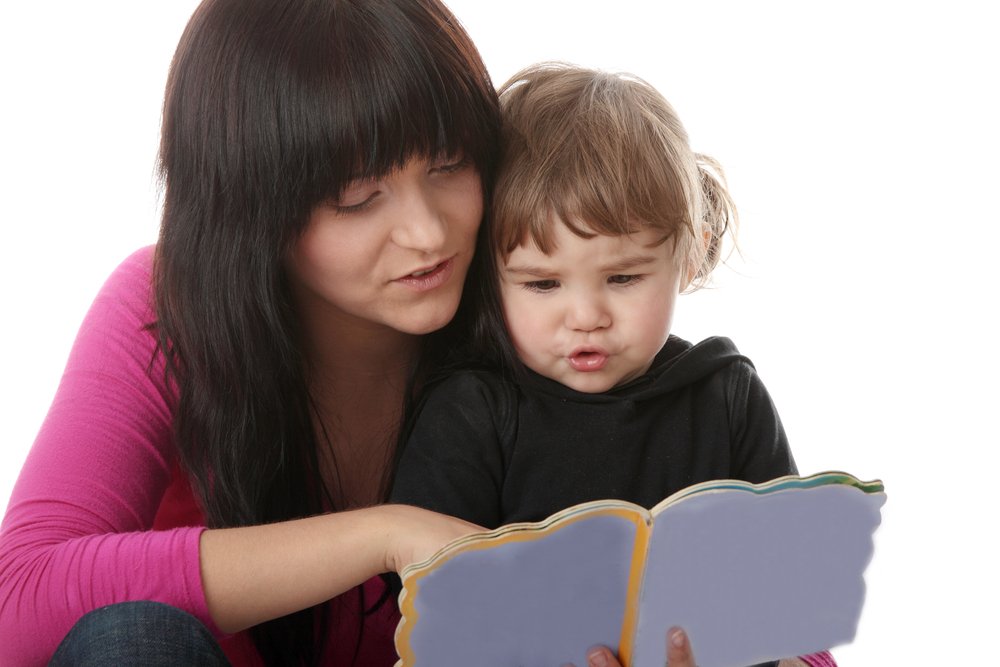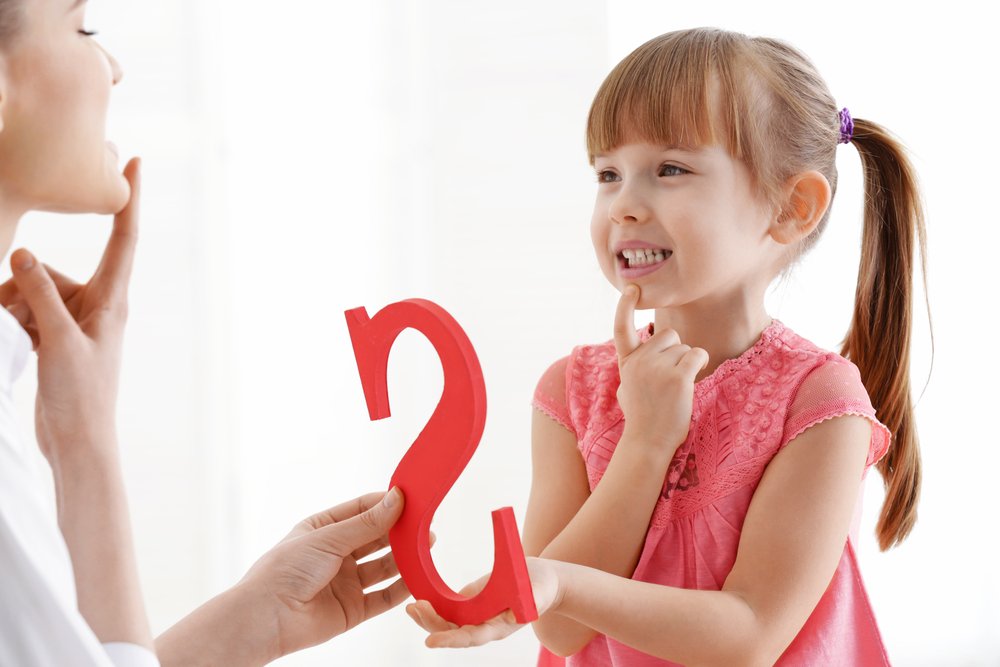
Speech sounds that might be hard to pronounce
Key points: Children may have difficulty pronouncing certain sounds as they develop their language skills. Most children learn to pronounce…
[cat_cust_menu]

Key points: Children may have difficulty pronouncing certain sounds as they develop their language skills. Most children learn to pronounce…

Key points: Children can learn to speak more than one language at the same time, and being bilingual has many…

Key points: Language skills start developing from birth through everyday interactions with caregivers. Talking with children during daily routines and…

Key points:1. Children’s first sentences are a significant milestone in language development.2. Between 18 and 24 months, they begin forming…

Key points:1. Communication is vital for sharing ideas and feelings.2. Children develop communication skills rapidly in early years.3. Listening, asking…

Key points:1. Nursery rhymes prepare children for learning to read by teaching phonemes and spelling.2. Phonological awareness is the first…

Key points:1. Children naturally learn language and grammar rules through use.2. They acquire the specific dialect of those around them.3….

Key points:1. Preschool years exhibit significant variation in language development.2. Talkativeness doesn’t equate to intelligence or vocabulary richness.3. Language differences…

Key points:1. A two-year-old’s receptive language is developing rapidly, understanding around 200-300 words.2. Receptive language is the ability to understand…

Key points:1. Phonological awareness is crucial for literacy development in preschoolers.2. Teach your child the sounds of letters, not just…

Key points:1. Children’s language development is linked to their ability to recognize patterns.2. A study with 6 to 8-year-olds found…

Key points:1. Stuttering in children around age two or three is common and often temporary.2. Actual stuttering is when it…

Key points:1. Around age three, children have a vocabulary of 300 or more words and can acquire 4-6 words daily.2….

Key points:1. Around age two, children understand and start using more words, forming sentences.2. Avoid comparing your child’s language skills…

Key points:1. Reading with preschoolers builds vocabulary and strengthens the parent-child bond.2. Making reading a daily routine, like bedtime, is…

Including reading time in your daily routine not only boosts the language development, but provides you with special one-on-one quality…

Key points: Reading with your preschooler enhances their language skills and strengthens your emotional connection. Choose books with attractive illustrations,…

Key points: Language acquisition is a complex process involving cognitive and physical development. Phonemes are units of speech sounds in…

Key points: Children around 36 months start using more advanced vocabulary. They name smaller body parts like eyebrows, nails, and…

Key points:1. Reading with your preschooler promotes language development and bonding.2. Choose a suitable time for reading, like bedtime, to…

Key Points: 1. Create opportunities for interaction with your child by placing desired items out of their reach, encouraging identification…
Subscribe to our newsletter and join Kinedu’s community